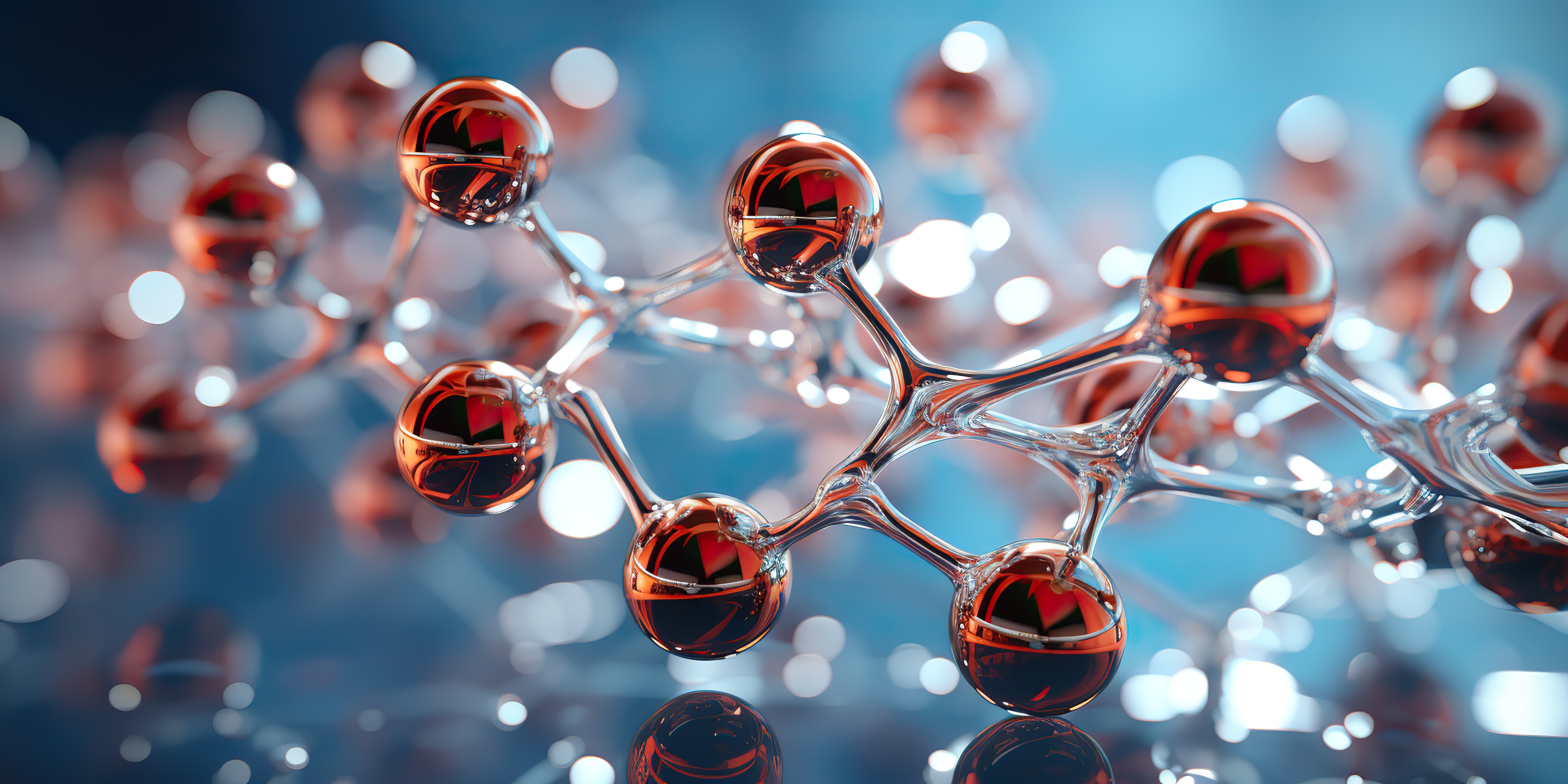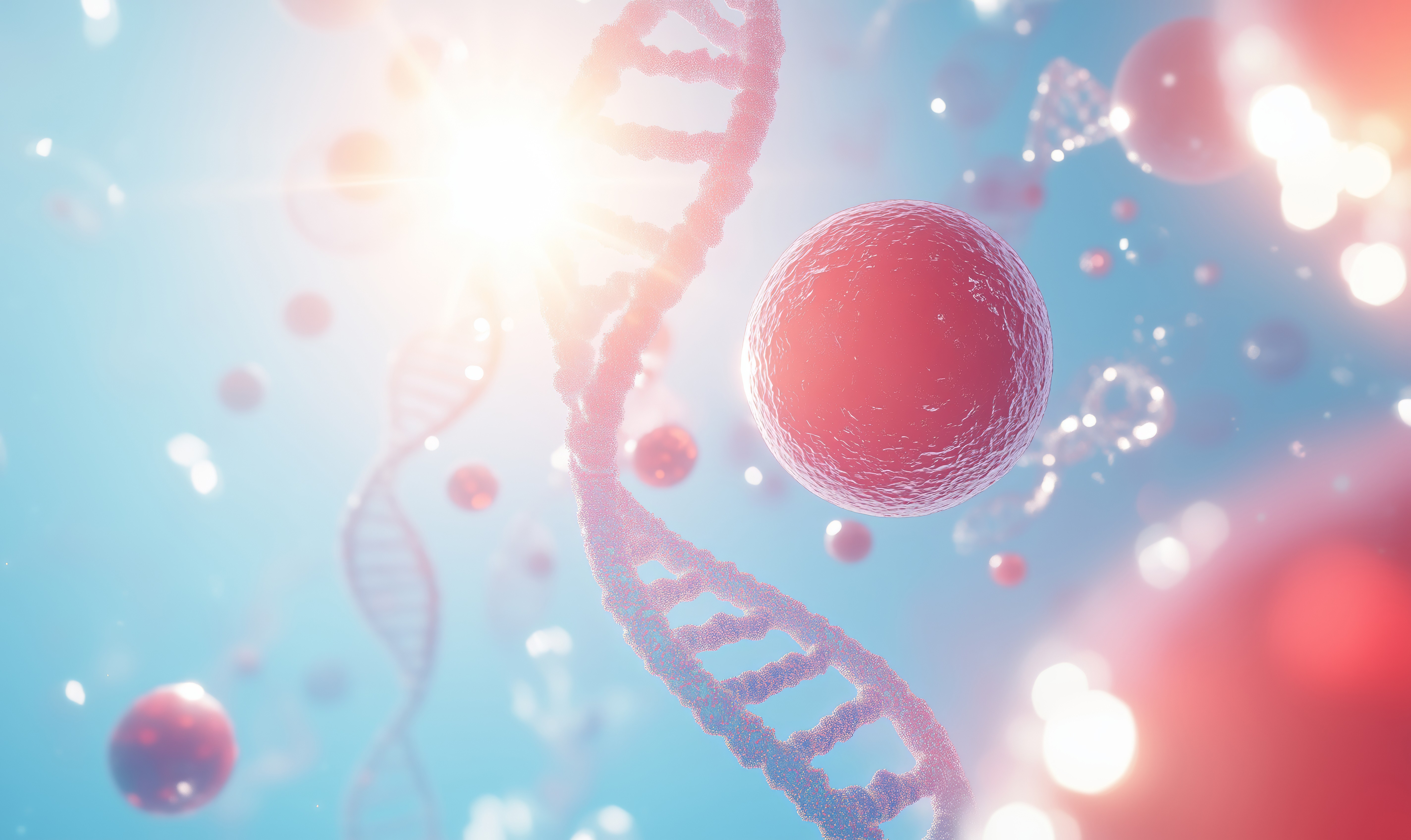Peptides 101
Introduction and Overview
Have you been hearing about peptide therapy lately? Depending on what you’ve read, some of the claims around these “short proteins” are pretty impressive: rapid muscle gain and weight loss without steroids, expedited healing of acute injuries, pain relief from chronic ones, a boosted immune system, improved skin with new collagen growth, enhanced libido for both men and women, and even improved cognitive performance.
Is any of this true? Well, as is often the case, the devil is in the details. But before we get into those, what exactly are peptides anyway?
What are Peptides?
In simplest terms, peptides are short versions of proteins; they contain fewer amino acids than a full-length protein (so there is some overlap). These are not the proteins you eat, such as those found in meat, fish, or soy, but proteins used by cells in your body to communicate with each other.
There are literally thousands, perhaps hundreds of thousands, of peptides that your body produces. The ones we’ll talk about today, however, are manufactured in labs.
Peptides are not hormones, but they can trigger the release of hormones in the body. This is a critical difference that we’ll come back to.
How Do Peptides Work?
In short, peptides interact with cells in your body (brain, immune, muscle, tendon, and others) to trigger a reaction. That reaction could be the release of hormones, growth factors, blood vessel growth, anti-inflammatory effects, and countless others . Unlike medications, peptides rarely have a single effect. Known as pleiotropic agents, peptides trigger multiple effects in the body, both directly and indirectly.
The Big Caveat: Not All Peptides Are Approved for Human Use!
Many peptides being utilized in regenerative and performance medicine clinics have only been tested in animals to date. They are considered “research grade” and are, strictly speaking, not yet approved for human use. Some do have early human clinical trial data, and a rare few are actually approved drugs, but even these tend to be used “off label” .
This caveat means there are no guarantees for either outcomes or side effects and risks when used in humans. So why are they being used? In short, the tremendous amount of animal data and anecdotal human data has become impossible to ignore. If you’re exploring peptides, it’s imperative that you work with a healthcare professional experienced in the space who can guide you.
Categories of Peptides and Their Uses
Thankfully, there are essentially four categories of peptides most commonly used in the regenerative and longevity medicine space.
Growth Hormone Releasing Peptides: These peptides may help build muscle and increase metabolism, leading to fat loss. Several peptides in this class work at different levels of the brain to trigger the release of growth hormone (GH), which in turn promotes skeletal muscle growth and increases metabolism.
Injury Recovery and Wound Healing: These peptides may promote faster recovery, reduce inflammation in both acute and chronic injuries, and alleviate joint pain. They work by promoting new blood vessel growth (angiogenesis), decreasing inflammatory triggers released from cells, and promoting the growth of the extracellular matrix (the scaffold for cell and tissue repair).
Skin Health and Appearance: These peptides may promote the growth of collagen, elastin, and other factors known to contribute to skin health, elasticity, and appearance. This class of peptides can be used topically for localized effects, as well as systemically for whole-body benefits.
Libido Enhancement (male and female): These peptides may improve sexual health, including desire and emotional bonding. Some FDA-approved peptides in this category work by triggering the release of hormones that increase not just sexual drive, but also intimacy and feelings of bonding with your partner .
How Do You Take Peptides?
This is a rapidly evolving area. Because the enzymes in your mouth and stomach are designed to break down proteins (and remember, peptides are short proteins), most peptides are not available to take orally. Many are administered via tiny injections right under the skin, similar to insulin. But this is changing quickly—some peptides are now available as nasal sprays or even dissolving tablets or gels. You want to ensure you’re working with reputable healthcare professionals and pharmaceutical companies, as there are many gray and black market products that are both unsafe and ineffective.
What are the Risks?
As mentioned earlier, peptides are pleiotropic—they don’t just do one thing in your body. They can affect your metabolism, promote the growth of things we don’t want (like tumors or cancerous growths), interfere with your sleep cycle, and much more . In fact, many peptides haven’t been tested in humans yet, so their full side effect profile is still unknown.
Conclusion
Peptides aren’t magic. But for the right person, under the right guidance, they’re an incredibly effective tool—one that can accelerate repair, optimize physiology, and shift recovery trajectories that conventional care often fails to address. What matters most is knowing what you’re using, why you’re using it, and how it fits into the broader plan. If you’re ready to stop guessing and start working with precision, we’ll show you how.
What Should I Do Now?
Interested in learning more about peptides? Click here to schedule a complimentary 30-minute consultation with one of our physicians!
Consultation fees are applied to any services you undertake with Aeonic Health.
Sources:
Liu, H., Bravata, D. M., Olkin, I., Friedlander, A., Liu, V., Roberts, B., ... & Sirard, J. R. (2007). Systematic review: the effects of growth hormone on athletic performance. Annals of Internal Medicine, 148(10), 747-758.
Santos, S. C., & Blanpain, C. (2016). Peptide growth factors and their receptors in stem cell biology and cancer. Nature Reviews Cancer, 16(11), 665-681.
Pickart, L., & Thaler, M. M. (2005). GHK and DNA: Resetting the human genome to health. Clinical Interventions in Aging, 2(1), 1-7.
Aldrich, S., & Dave, N. (2016). Peptide-based therapeutics: The impact of peptides on various aspects of human health. Therapeutic Advances in Endocrinology and Metabolism, 7(6), 275-285.
Zhang, G., Wang, Y., Zhang, Z., & Chen, J. (2019). Therapeutic effects of growth hormone-releasing peptides in endocrine and metabolic diseases. Frontiers in Endocrinology, 10, 601.
Christofides, E. A. (2019). Bremelanotide for the treatment of hypoactive sexual desire disorder in premenopausal women. Drugs of Today, 55(5), 317-325.
Read More Articles
We consider all the drivers of change gives you the components you need to change to create a truly happens.









